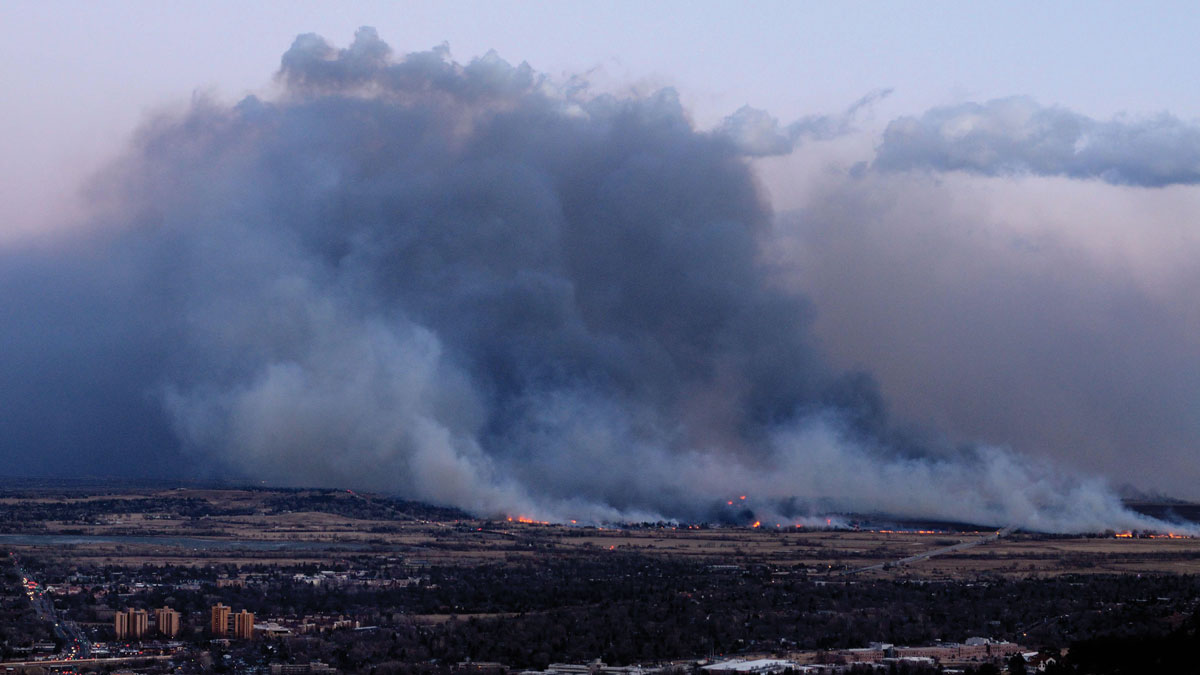Complex changes in land use, land cover, climate, and demographics are combining to stress water security for millions of people in the region.
Features
When Fieldwork Comes Home
The impacts of the 2021 Marshall Fire rippled through a community of Colorado geoscientists, spurring them to action.
¿Qué tan peligroso es el volcán Popocatépetl? Depende a quién le preguntes
El estratovolcán en el centro de México presenta un interesante caso de estudio sobre la percepción del riesgo, la comunicación de la ciencia y la preparación en torno a los peligros naturales.
The Small Self and the Vast Universe: Eclipses and the Science of Awe
What is awe? What does it feel like? Why does it exist? And what is it about a total solar eclipse that seems perfectly designed to provoke it?
Eclipse Science Along the Path of Totality
When a total solar eclipse sweeps across the United States on 8 April, scientists and enthusiasts alike will be there to document it.
The End of the Eclipse
Scientists are studying how the Earth–Moon distance has changed over time, and what effect that change might have had on our planet. Future changes will extinguish total solar eclipses entirely.
هل يمكن لغمر الأعشاب البحرية أن يبرّد المناخ؟.
يمكن للأعشاب البحرية المغمورة أن تخزّن الكربون في قاع المحيط، ولكن يظل من غير الواضح مدى فاعلية هذه الاستراتيجية، وكيف ستؤثر على صحة المحيط.
Can the Belt and Road Go Green?
China’s global infrastructure investments could tip the scales on climate change, but its relationship with partner countries is complicated.
La música de las esferas del siglo XXI
Científicos y artistas están dando voz a todo, desde planetas hasta agujeros negros, enriqueciendo la experiencia de la investigación y acercando las maravillas del universo a nuevas audiencias.
Bridging Gaps Between the Geosciences and National Security
The geoscience community and national security agencies need effective, two-way communication to exchange information.










